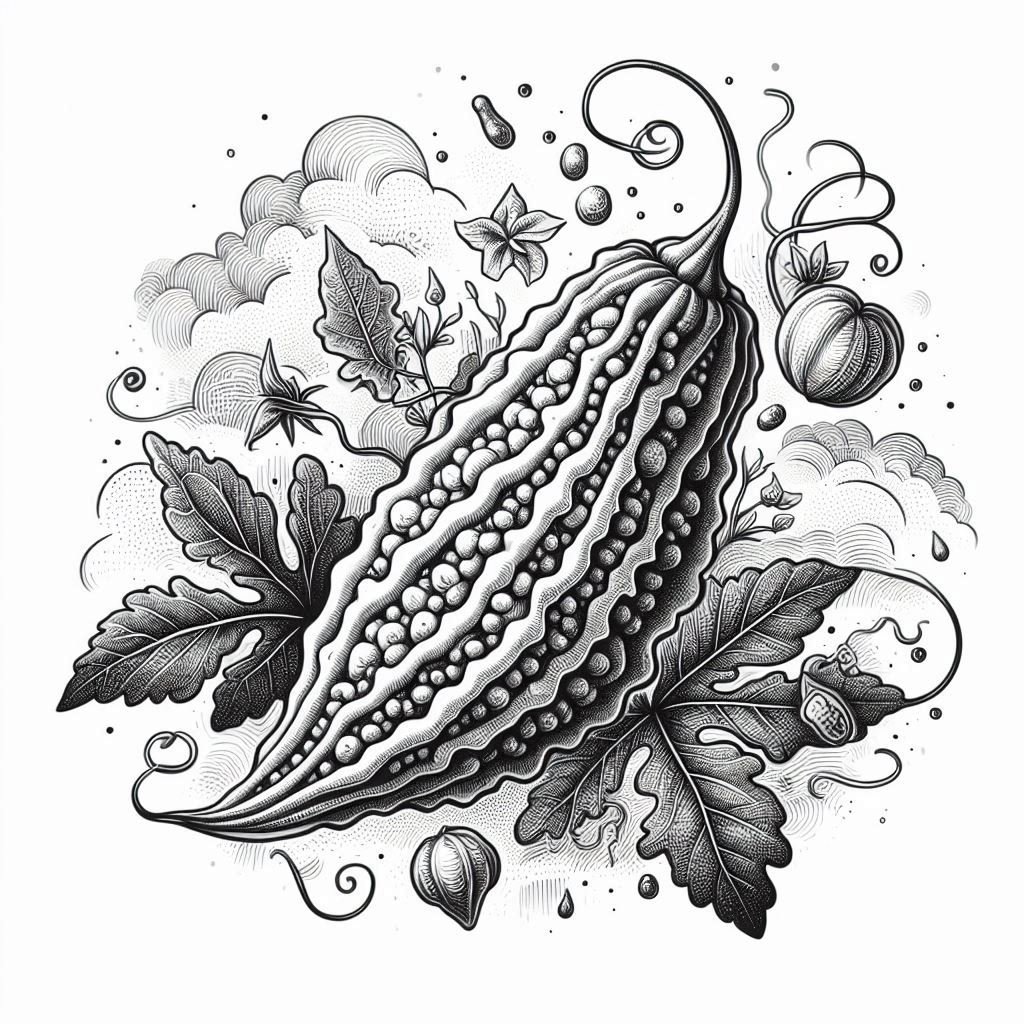Kagurazaka was once a geisha district, and it still moves with that quiet, practiced grace. Cobbled lanes, hidden ryotei, a mix of old Tokyo and French expat chic.
Shrines & Historic Areas
Akagi Shrine. Sleek rebuild by Kengo Kuma, all clean lines, glass walls, and cedar. Still a functioning shrine, but now with a café.
Hyogo Yokocho. A cobbled backstreet that dodged the wrecking ball. Stone walls, lanterns, and hush-hush vibes. Feels like Edo paused here and never hit resume.
Kakurenbo Yokocho. A lantern-lit alley of tiny bars and one-table eateries. If you’re still standing after sake and oden, consider yourself local.
French Bakeries
Pain des Philosophes- cult favorite for breads and pastries.
Aux Merveilleux de Fred- famous for its "Merveilleux" meringue cakes.
Point et Ligne - Minimalist, precise baking, bread as artform.
Patisserie Salon de Thé Amitié - fusion of flavors, exquisite pastries.
Le Coin Vert - A hidden gem known for its elegant cakes and atmosphere.
Coffee
Akha Ama Coffee – Thai beans, cardamom latte, single-origin.
Canal Cafe–By the canal, outdoor seats, coffee pudding’s v nice.
Counterpart Coffee Gallery – Weekenders beans and art.
Tsubakiya Coffee Kagurazaka Sabō – kissaten, velvet chairs, retro drip.
Restaurants & Cafés
Kagurazaka Saryo. Modern take on the tea house. The matcha parfait is popular—layered, photogenic, and legitimately good. Obanzai, and matcha s’mores is also recommended.
Hasabon. A reimagined machiya, modern French with a Japanese tea twist. Seasonal courses are delicate. Instead of wine, tea is paired.
Kagurazaka Kado. Showa-era house turned izakaya. The vibe is rustic, dishes are simple, satisfying. Reservations only for the tatami room; the standing bar is first come, first pour.
Kagurazaka Oishinbo. Kyoto-style dishes—yuba, grilled fish, seasonal sides. Tatami rooms, soft lighting, favorite among locals seeking authentic flavors in a nostalgic setting.
KOMB. Chef Annabell Seiko Harada crafts seasonal courses that lean into umami, pairing dashi-rich dishes with natural wine or sake. Monthly set menu. The vibe is minimalist, the plating precise.
Ishiusubiki Teuchi Kyōrakutei. Soba stone-milled, hand-cut, no shortcuts. You get two kinds: regular and 100% buckwheat. Tempura’s light, seasonal. Lunch is first come, dinner needs a booking.
Bettei Torijaya. Kansai-style udon kaiseki in a sukiya-style house. Recommend their oyakodon—soft egg, free-range chicken, perfect dashi. Tatami rooms, low tables, no rush.
Specialty Food Shops
Fromagerie Alpage. Petite cheese shop known for its curated selection of European cheeses and a few seasonal Japanese varieties.
Akomeya. Fancy rice, sharp knives, and seasonal snacks. Rice is the star, but you’ll find sharp knives, artisanal condiments, fancy furikake, and ceramics with serious shelf appeal.
Rakuzan. Classic tea shop known for fresh-roasted hojicha and a good lineup of Japanese teas. They offer samples, and the staff actually knows their stuff.
Shops & Lifestyle
Kamome Books. Cozy, curated bookstore, a thoughtful selection of books, a gallery space, and Kyoto-roasted coffee.
La Kagu. Converted warehouse turned design temple by Kengo Kuma. It’s got fashion, Nordic furniture, and a tight book selection upstairs.

